Flagship SoC comparison: Snapdragon 888 vs Exynos 2100 vs Kirin 9000 vs Dimensity 1200 vs Apple A14
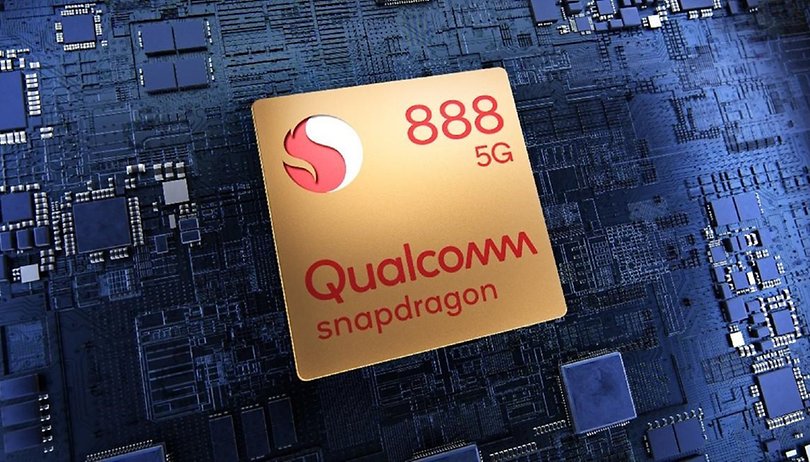

Read in other languages:
Two weeks after we talked about the basics of smartphone SoCs in a detailed article, it’s time we take an even closer look at the state of the smartphone SoC space. In this article, we check the similarities, differences and general trends we observed in the flagship SoC space in the year 2021.
The SoCs being compared include the Snapdragon 888 from Qualcomm, the Exynos 2100 from Samsung, the Kirin 9000 from Huawei’s HiSilicon, the Dimensity 1200 from MediaTek and the A14 Bionic SoC from Apple. Note that the MediaTek Dimensity 1200 SoC which is currently the top-performing SoC from the Taiwanese chipmaker is still not ‘up there’ among the top dogs yet but is currently the best MediaTek has on offer. So yes, we have included the Dimensity 1200 too in the comparison.
2021 flagship SoCs: What are the similarities?
Surprising as it may be, all the SoCs included in this comparison possess several similarities. This is partly due to the fact that all of them are based on the ARM architecture. To be more specific, all the SoCs here are based on a 5nm manufacturing process (with the exception of the Dimensity 1200 which is based on a 6nm node).
As explained in our SoC guide, the move to smaller manufacturing nodes generally corresponds to faster performance and better power efficiency. And it is only natural that the flagship SoCs in question here boast of the newest advancements in terms of SoC core design.
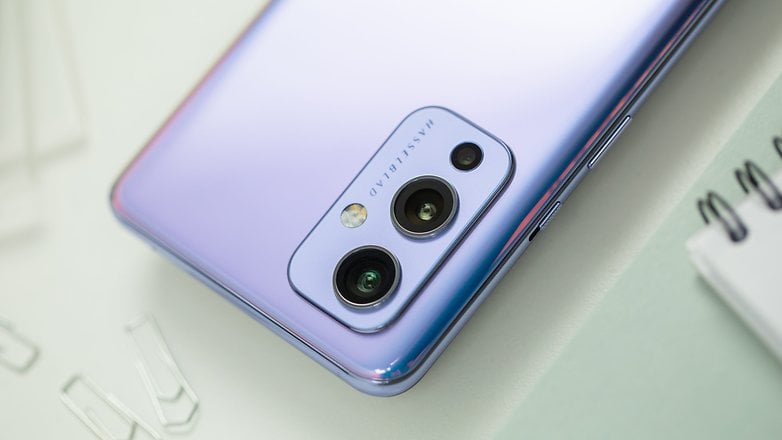
Another common thread among all these SoCs is the widespread support for 5G networks. With the exception of the Dimensity 1200, all the other SoCs here feature support for Sub-6GHz and mmWave 5G networks. Note that the Apple A14 gets a separate modem from Qualcomm while all the other SoCs get an integrated modem. The end-user, however, will hardly notice any difference as far as this specific factor is concerned since all devices that get these SoCs will support most 5G networks currently in operation.
Snapdragon 888 vs Exynos 2100 vs HiSilicon Kirin 9000 vs Dimensity 1200 vs Apple A14 Bionic: Specifications comparison
Flagship Smartphone SoC comparison - 2021
| Qualcomm Snapdragon 888 |
Samsung Exynos 2100 |
HiSilicon Kirin 9000 |
MediaTek Dimensity 1200 |
Apple A14 Bionic |
|
|---|---|---|---|---|---|
| CPU Details |
Octa-Core 1 Cortex-X1 @ 2.84GHz |
Octa-Core 1 Cortex-X1 @ 2.9GHz |
Octa-Core 1 Cortex-A77 @ 3.13 GHz
|
Octa-Core 1 Cortex-A78 @3GHz |
Hexa Core 2 Firestorm (Big cores) |
| CPU Cache (L2) | 1 x 1024KB 3 x 512KB 4 X 128KB |
1 x 512KB 3 x 512KB 4 x 64KB |
NA | 1 x 512KB 3 x 256KB 4 x 64KB |
NA |
| Manufacturing Process (nm) | 5nm | 5nm | 5nm | 6nm | 5nm |
| GPU (Graphics) | Adreno 660 | Mali-G78 (14 Cores) | Mali-G78 (24 Cores) | Mali-G77 (9 Cores) | Apple Custom Core |
| RAM Type Supported | LPDDR5/LPDDR4X | LPDDR5 | LPDDR5/LPDDR4X | LPDDR4X | LPDDR4X |
| Modem | Integrated Snapdragon X60 | Integrated Exynos 5123 | Integrated Balong 5000 | Integrated Helio M70 5G | External Snapdragon X55 |
| Benchmark Scores |
Antutu:~700,000 | AnTuTu: ~ 680,000 | AnTuTu: ~ 650,000 | NA | AnTutu: ~640,000 |
As evident from the table above, at first glance, the Qualcomm Snapdragon 888 and the Samsung Exynos 2100 seem to be more closely related to each other than the others. Both these SoCs get near-identical CPU core configuration with the differences only being in terms of the clock speeds and cache configurations.
Now, this did not happen by sheer coincidence. As it turns out, both Samsung and Qualcomm are participants of ARM’s exclusive CxC program (Cortex-X Custom). This program enables participant members to work closely with ARM to create custom CPUs that offer better overall performance compared to the company’s generic lineup of CPUs under the Cortex-A7X series. The CxC program, atleast for now, is thought to be the reason why Samsung moved away from its own custom cores (Mongoose) for its flagship SoCs for 2021.
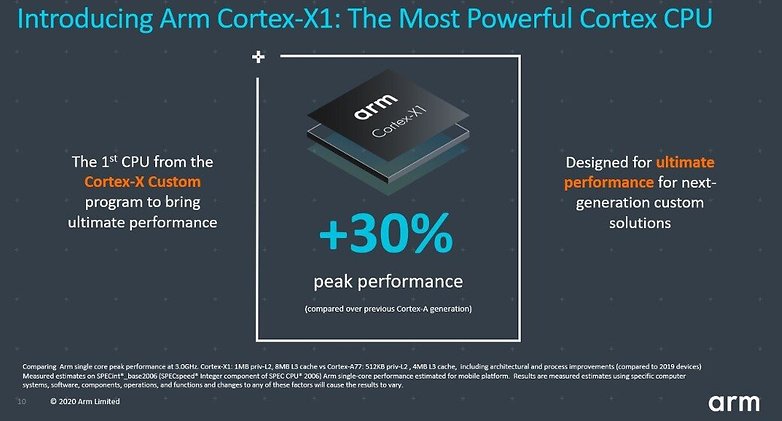
The first CPU core to come out of the CxC program is the Cortex X1 and that is what both the Exynos 2100 and Snapdragon 888 happen to use. The thing with the CxC program is that access to the final production CPU cores borne out of this program is limited to companies who commit to being a part of the program. And as of now, those companies are Samsung and Qualcomm.
At least for now, therefore, it seems that both MediaTek and HiSilicon are not part of the CxC program, and therefore, will not have access to the Cortex X1 core. These companies, for the same reason, will have to make do with the generic Cortex-A77/78 cores for their performance cores - at least for the time being.
2021 flagship SoCs: The general trends
As outlined earlier, the Snapdragon 888 and the Exynos 2100 have near-identical CPU cores. However, you will also notice that in the case of the Exynos, almost all the cores are clocked at higher speeds. In Qualcomm’s favour, however, it is notable that the 888 has more L2 cache on offer than the Exynos 2100 across the board.
As for the Kirin 9000, its performance core includes four Cortex A77 cores with one of them having a much higher clock speed (3.13GHz) compared to the other three A77 cores (clocked at 2.54 GHz). Moving to the MediaTek Dimesity 1200, this one gets a similar configuration with one Cortex-A78 core clocked at 3 GHz and three other A78 cores clocked at 2.6 GHz. Meanwhile, Apple’s main performance core has a clock speed of nearly 3 GHz while the rest of the CPUs trundle along at 2.8GHz.
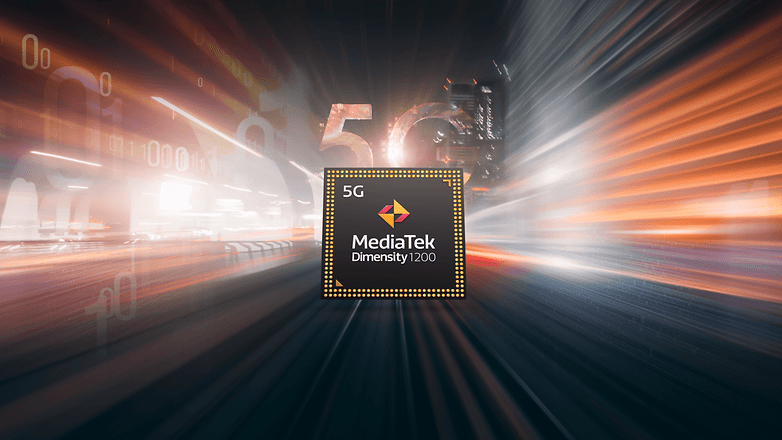
The key takeaway from this is the fact that while Apple has managed to hold on to a comfortable lead over its Android-centric SoCs for a while now, the move towards the X1 core does certainly help the Android camp cover some of that gap.
GPU performance sees improvements across the board
Another area where most Android-centric CPUs have significant performance gains is in terms of graphics. While the GPU performance gain on the A14 Bionic stood at just 8 percent over the A13 Bionic, the Android camp was busy touting double-digit gains in this department. This also means that Android devices have now inched closer to iPhones in terms of sheer graphics prowess.

With its 14-core Mali-G78 GPU, Samsung claims a 40% improvement in graphics when compared to the 11-core Mali-G77 GPU on last year’s Exynos 990. Similarly, Qualcomm asserts that its Adreno 680 offers a 35 per cent performance boost over the Adreno 650 we saw on the Snapdragon 865. Huawei claims that its 24 core Mali-G78 GPU offers a staggering 52% performance improvement over the Adreno 650 from Qualcomm’s SD865 from 2020. The elephant in the room, however, is MediaTek which has little graphics performance gains to speak of with the Dimensity 1200. In fact, the Dimensity 1200 uses the same Mali-G77 GPU that its predecessors used last year. Not cool MediaTek.
AI Performance
While it is not easy for us to compare the AI and machine learning prowess, we generally tend to go by manufacturer-provided numbers. Manufacturers use the figure TOPS (trillion operations per second) to tout AI performance and if we are to go by these numbers, SoCs across the board have showcased a 70% boost in AI performance. Here is a short summary of the improvement in AI performance from one generation to another
- Apple A13 to Apple A14 - 6TOPS to 11TOPS
- Exynos 990 to Exynos 2100 - 15TOPS to 26TOPS
- Snapdragon 865 to Snapdragon 888 - 15TOPS to 26TOPS
While we might not be able to make complete sense of these numbers, what we can all agree is that all 2021 flagships offer notable leaps in AI performance compared to previous generations. Once again, we have very little data about MediaTek SoCs in this regard.
Smartphones based on 2021 flagship SoCs
This is a crude list of popular smartphones that are based on the flagship SoCs we have talked about so far
- Snapdragon 888: Xiaomi Mi 11, Oppo Find X3 Pro, Asus ROG Phone 5, OnePlus 9/9 Pro, Vivo X60 Pro Plus
- Exynos 2100: Samsung Galaxy S21 series
- Kirin 9000: Mate 40 Pro, Huawei Mate X2
- Dimensity 1200: OnePlus Nord 2 (Rumoured), Realme X9 Pro (Rumoured), Redmi gaming phone (rumoured)
- Apple A14 Bionic: Apple iPhone 12 series
Do you own a smartphone that uses one of these flagship SoCs? Have you noticed any tangible improvement in various aspects of your phone since your upgrade? Do let us know in the comments section below.








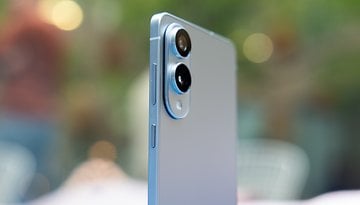










Now you can play world of solitaire for free online